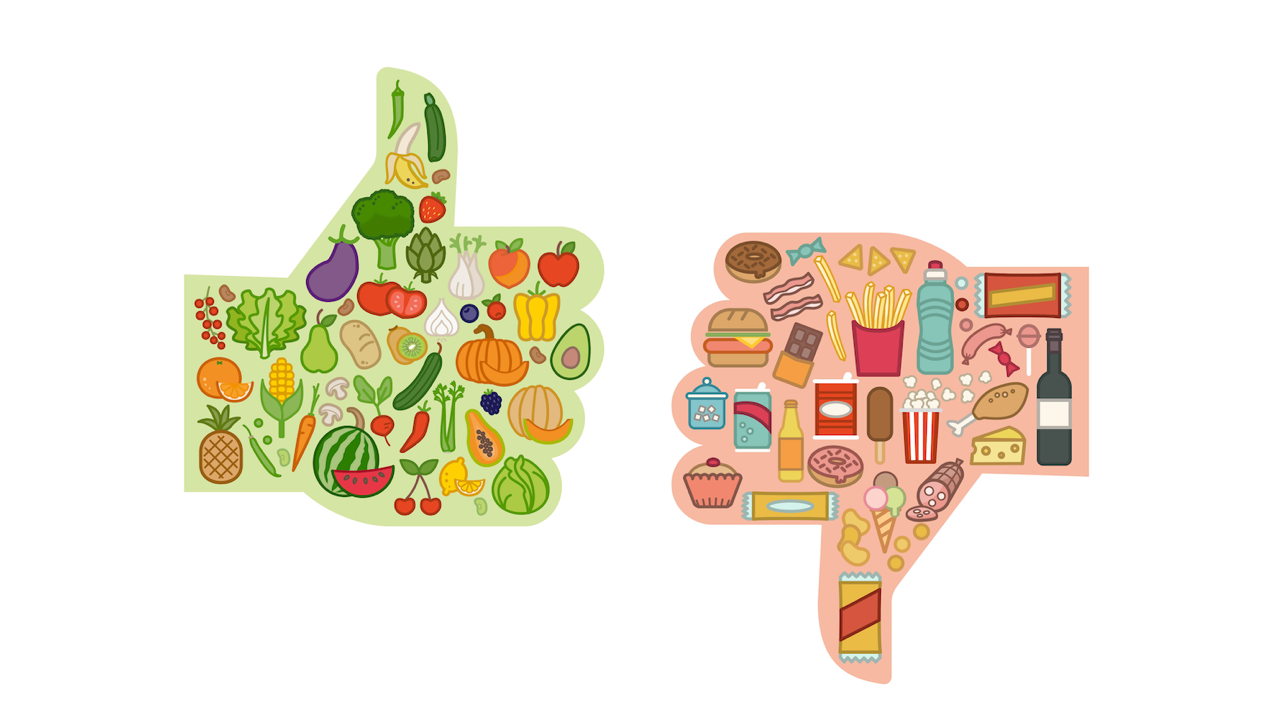To find a diet and eating plan that works for you has a lot to do with your body’s unique needs, tolerances and intolerances.
How do you respond to food?
Food tolerance is a digestive system response. Certain foods aren’t able to digest properly in your stomach and you end up with aches and pain. Because of our unique genetic make-up, we all respond to foods in different ways.
Lactose intolerance
Normally, when you eat something that contains lactose, an enzyme in the small intestine called lactase, breaks it down into simpler sugar forms of glucose and galactose. Being lactose-intolerant means that you can’t digest a sugar (lactose) that’s found in dairy products and milk. This intolerance may give you bloating, abdominal pain, gas and diarrhoea. If you’re on a lactose-intolerance diet you need organic fermented dairy to can improve the digestibility of lactose, protein and fats in milk.
- Kefir is a probiotic drink that’s similar to yoghurt. It contains essential amino acids, vitamins and minerals. Vitamin K2 stands out with this drink as it specifically helps calcium to metabolise.
- Foods rich in Vitamin K will help with your metabolism and regulate your hormones. Get your fill of leafy green veggies, Brussels sprouts, cabbage and cucumbers.
- Drink goat milk which has lower concentrations of lactose.
- Eat calcium-rich foods, like broccoli, sardines and cooked kale.
- Add bone broth to your diet to help fight food intolerances, improve your joint health and boost the immune system.
Gluten sensitivity
Gluten is a protein found in wheat, barley and rye. Gluten sensitivity causes bloating and diarrhoea. This happens because the body can’t digest or break down the protein. When your body’s immune system overreacts to gluten in food, the reaction damages tiny hair-like substances, called villi that line the small intestine. These hairs absorb minerals, vitamins and other nutrients from the foods you eat. Once these are damaged, it’s difficult for your body to absorb enough nutrients.
- Avoid the main culprits of wheat products like breads, pastas, crackers, couscous, wheat bran, veggie burgers (if they’re not specified to be gluten-free) some seasonings, salad dressings and spice mixes.
- Eat gluten-free foods like fruit and vegetables, legumes, nuts, beans, dairy products, lean beef, chicken, rice, potatoes and seeds.
- Cook your own homemade meals so you can eat as close to gluten-free as possible.
- Read food labels to avoid products that contain gluten.
Diabetic diet
When you’re diabetic you need to pay attention to food choices, especially the carbohydrates you eat. Sugars (simple carbohydrates) and starches (complex carbohydrates) break down into blood glucose during digestion. You need fruit, vegetables, wholegrains, legumes and low-fat dairy products.
- Fibre-rich foods moderate how your body digests and controls blood sugar levels. Choose nuts, fruit, vegetables, legumes, wholewheat flour and wheat bran.
- Fish is a good alternative to high-fat meats. Omega -3 fatty acids in salmon, mackerel, tuna and sardines promote heart health, and lower blood fats called triglycerides.
- Eat the good fats. Foods with beneficial fats like monounsaturated and polyunsaturated fats can help lower your cholesterol levels. Have walnuts, pecans, almonds, avocados and olives. Start cooking with peanut, canola and olive oils. All fats are high in calories, so use in moderation.
Cardiovascular diseases
Here, it’s important to boost your heart health. If you have high blood pressure, cholesterol and other heart diseases, you need nutrient-rich foods. Include wholegrains, lean poultry, fish for good fats to reduce blood pressure, and fibre-soluble foods like oats, beans and berries to help lower your cholesterol levels.
Avoid saturated fats, trans fats and excessive salt and sugar. Too much salt raises your blood pressure and makes your heart work harder to pump it.
- Substitute salt with spices and herbs.
- Choose baked foods over fried foods.
- Avoid sugar-laden foods and drinks.

